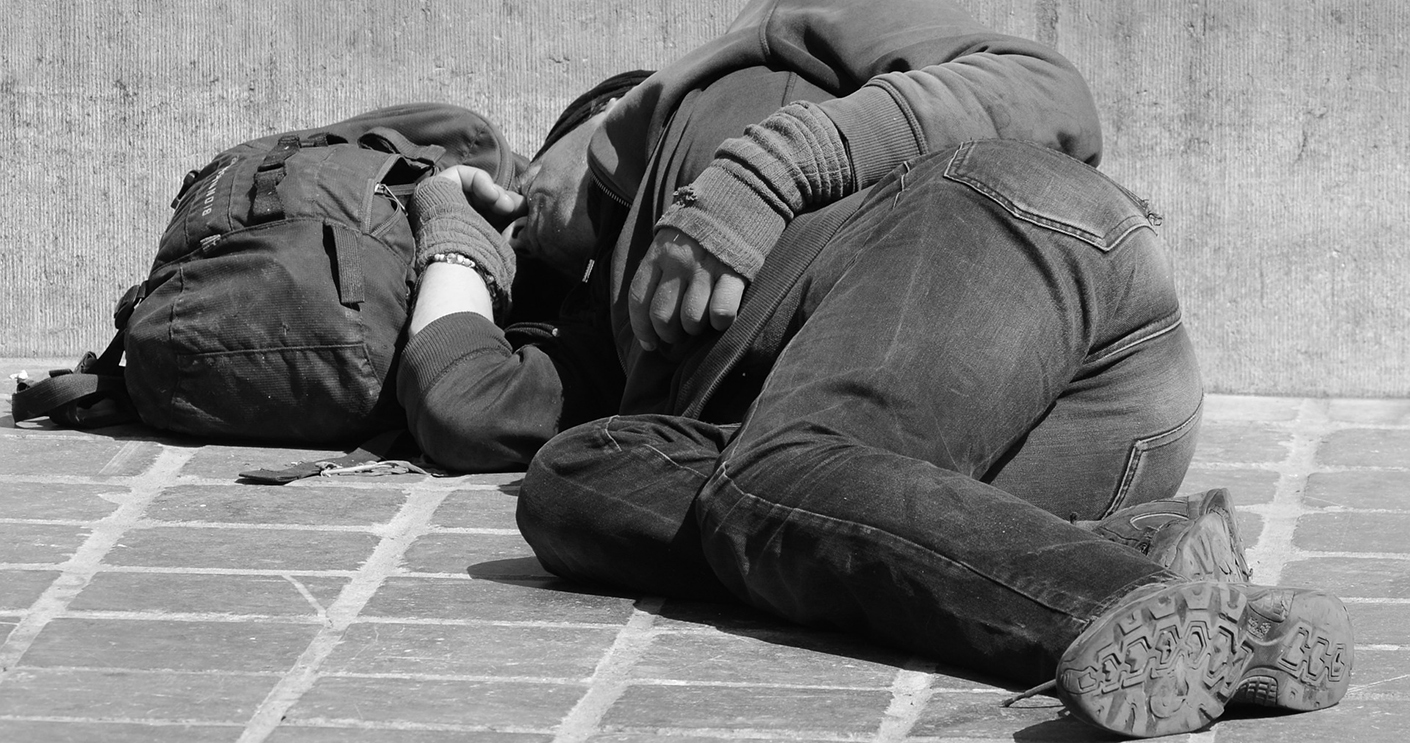There is an urgent need for more low-cost housing and alternative housing models of supported housing for Sydney’s homeless, given the high rates of serious mental illness among the homeless, according to Dr Olav Nielssen, from Macquarie’s Mindspot Clinic.
The link between mental illness, substance use, and chronic homelessness is well known from past research, says Dr Nielssen who is also a Professor of Psychiatry at Macquarie University Medical School.
“It was no surprise to find that people who become homeless often have mental illness or substance use disorders – or both. What surprised us was the number of people discharged from institutional care to homelessness – including from prisons and psychiatric hospitals – and the number of people who had lost public housing tenancy, because public housing has been seen as a solution to homelessness,” says Dr Nielssen.
We need more than a place to live
The study, published in The Medical Journal of Australia, confirms that a significant proportion of Sydney’s chronically homeless is suffering from major mental illnesses, often complicated by substance use. The team – which also includes researchers from the Matthew Talbot Hostel Clinic – found that 21 per cent had lost public housing tenancy, 28 per cent had been released from prison, and 21 per cent of people who had attended the clinic had been discharged from psychiatric hospitals with no permanent accommodation.
“It is very difficult to treat mental illness in people who are sleeping in the open – stable housing is a pre-requisite for continuous treatment of mental illnesses such as schizophrenia”.
“The fact that many people are moving from institutional care to homeless shelters, or are unable to maintain public housing tenancy suggests a failure of government policy in meeting the needs of people at risk of homelessness. Providing a place to live isn’t enough for people who can’t manage their mental illness or get support for substance abuse. People are losing housing a result of a lack of allied services,” adds Dr Nielssen.
Cause or effect?
“A major factor contributing to homelessness is substance use, because about two-thirds of clinic attendees had a substance use disorder, but substance use can be both a cause and a consequence of homelessness,” he says.
“For instance, many people use drugs as a way to cope with trauma and loss, or with symptoms of mental illness. We found that half of people seen at these clinics had a psychotic illness such as schizophrenia and 43 per cent of patients reported a history of trauma.”
Current policies do not adequately address the needs of the temporarily homeless, such as people released from prison, or those of the chronically homeless, which includes many of the people with severe mental illness.
“It’s clear we also need to do better to support those people at high-risk of homelessness, such as those about to leave prison or psychiatric hospitals, with improved discharge and pre-release planning,” says Dr Nielssen.
“Apart from the humanitarian case for an affluent society to provide shelter for people with mental conditions, there is a strong economic case for providing housing because the homeless generate costs in health and justice and other services that far exceed the cost of housing.”
In the media: check out what Dr Neilssen had to say


 Back to homepage
Back to homepage